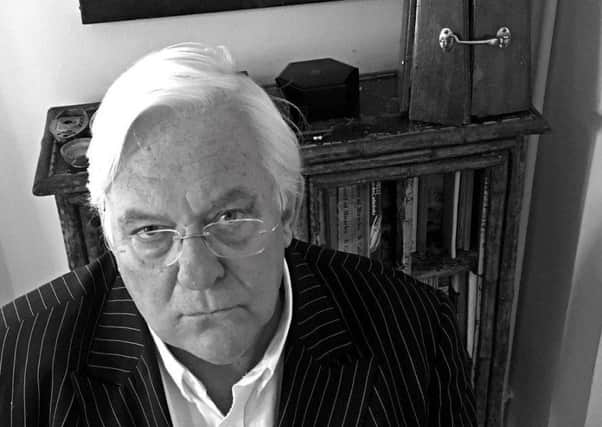Book review: Only The Lowly, by b. catling


Only The Lowly is a collection of ten short stories, but it is a fractured novel. As the reader pieces together the world of Cara and Bertie, it becomes increasingly and horribly surreal. In the opening story “Marine Parade”, Bertie and Cara are taking the Number 16 tram – which will occur frequently, although no other trams are ever mentioned – to pick up their child. The first page seems realistic, but then comes the punch. “We agreed on most things about him,” says Bertie, “and it was easy because we weren’t going for no fancy, upmarket version – just the straight ace, middle-of-the road kid. Cara had born up her scrape and I did the jelly in a can, last time we were here. They had mixed it up with other stuff and little Wilbur was finally ready.” What follows is a kind of version of Abigail’s Party as if directed by David Lynch. Cara and Bertie are “posh like”, and the child, which is left ghastly in its ambiguity (“him not having a face as yet”, sliminess, being a “white tube”, being brought home in a box) triggers a situation by declaring love for another couple’s daughter. Who has fins. From the outset the reader is piecing together this strange world, which includes The Great Arising when the sea came in and then went away; where the Lowly are a genetically modified slave-race and where the new most sweary f-word is fish.
The idea of interlinked short stories is not new. Felipe Alfau pioneered it with Locos: A Comedy Of Gestures, Nigel Dennis did it with Cards Of Identity, Donald Ray Pollock wrote a wonderful set in Knockemstiff and James Meek did something similar with the recurring stories in The Museum Of Doubt, with a chiming interest in suburban perversion. Catling’s strength is in combining a very British kind of comedy with a very European surrealism. There are parts that resemble Peter Cook and Dudley Moore’s Derek and Clive sketches in their nasty dissection of contemporary relationships; parts at the same time feature a magic show involving “duvs, octopoids, mechanoids an all” which nobody can remember afterwards. It also features very British things – an incomprehensible obsession with TCP, for example.
Advertisement
Hide AdThe novella beguiles in that the first story, weird as it is, is fairly straightforward linguistically (though I loved the recipe for “Peacocktails” – ice, half a bottle of Lucozade, quarter bottle of potato vodka and finish with a dash of cream sherry… and a sprig of dill). There, already, the reader is being subtly unsettled. What world is this? As it progresses, Catling becomes more linguistically daring. Bertie has a habit of ending sentences “thinks I” or “says I”. Often words are prefaced with a-; a-thrashing, a-nodding. The word think gradually mutates to fink. There are homonym malapropisms in this curious world, such as current-seas for currencies; mini-mums for minimums, untropaneer for entrepreneur, F’Ark-coughed (I am sure you can guess that one), “not my cup of teats”, and the phrase often used “like a Jew in a sandstorm”. As the language mutates and becomes more elaborate in its ingenuity, the reader realises just how dysfunctional this society is. It is a staple of dystopian fiction to make language itself buckle. The skill here is in the balance between a sort of Cockney vernacular and words that the reader can only infer the meaning of as the book progresses.
In an important way, this is not a post-Apocalyptic world at all, but a pre-Apocalyptic one. Catling conjures a world of stale and pretentious couples, beaches awash with plastic debris, game shows where you never know until the end if the lost relative is alive or dead, an explosion of possible pornographies, dementia and the simple loneliness of being alive. It is not about what might happen; it is about what has already happened.
Bertie, in the opening story, has an epiphany. “Funny things tongues, maybe they are made for lies, kinda built in. That’s why words like ’em.” - Stuart Kelly
Only The Lowly, by b. catling, Storr, £10.99